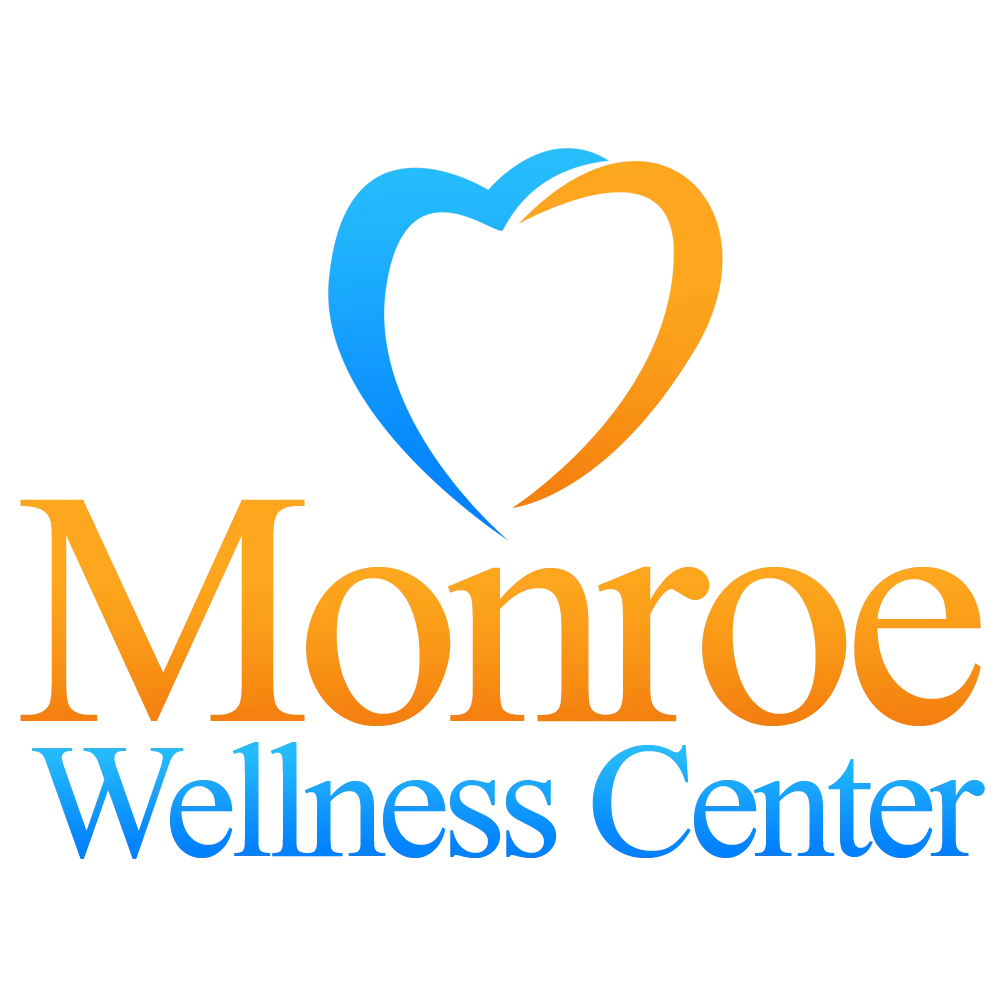Get better and stay that way with a proven process
A note from Dr. Wallace
Founder and Practitioner
If you've been
everywhere, tried
everything
and gotten nowhere, you've come to the right place.
If you have been everywhere, tried everything, and gotten nowhere, then you have come to the right place.
How We Help You Thrive
Our focus is to bring together all aspects of a persons health to determine the best way to get the achieved results. We do it for our patients every day and we can do the same for you!
Together, we will uncover ALL of the reasons behind your condition and begin to restore function naturally. Our patients care about their health and not just being symptom-free. They are looking to correct a problem or condition and have the results be long-lasting.
Take the first step towards optimal health
Schedule your initial appointment with our office and discover what so many of our patients have found: a proven path to feeling better and staying that way without pharmaceuticals, complicated routines, or side effects.

We're here to provide comprehensive Functional Medicine, Detoxification, Nutrigenomics and Chiropractic for Monroe, NJ and beyond so you can take charge of your health.
9:00am – 7:00pm Monday - Friday
Closed Saturday - Sunday
© 2024 Monroe Wellness Center - All Rights Reserved
